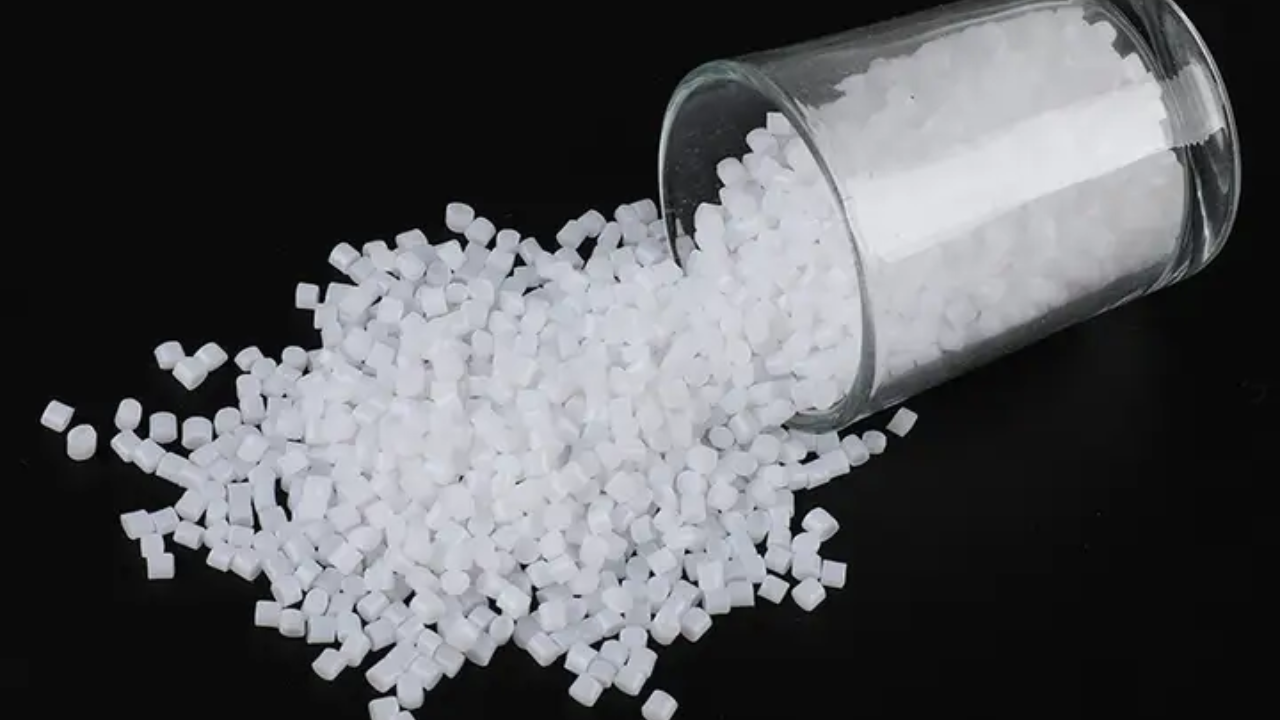High Impact Polystyrene Supplier | Global HIPS Solutions

High-Impact Polystyrene (HIPS) Description
High-Impact Polystyrene (HIPS) is one of the most widely used thermoplastic resins in the global plastics industry, valued for its superior impact resistance, durability, and cost-efficiency. It is a modified form of standard polystyrene, reinforced with polybutadiene rubber to improve toughness while maintaining rigidity and processability.
Compared to General Purpose Polystyrene (GPPS), which offers excellent clarity and gloss, HIPS provides greater strength and resilience—ideal for applications requiring impact resistance rather than transparency. Similarly, unlike Expanded Polystyrene (EPS), which is primarily used for insulation and cushioning, HIPS is preferred for high-performance manufacturing and structural components.
Its combination of mechanical strength, lightweight structure, and ease of thermoforming makes it essential in packaging, automotive, electronics, construction, and medical sectors.
Key Properties of High-Impact Polystyrene (HIPS)
-
Exceptional Impact Resistance: Provides greater toughness compared to standard polystyrene, ideal for applications requiring shock absorption and durability.
-
Excellent Thermoformability: Easily shaped by extrusion, injection molding, and thermoforming with stable melt flow characteristics.
-
Lightweight but Rigid: Maintains strength without adding unnecessary weight to end products.
-
Dimensional Stability: Ensures precision and consistency in molded or extruded components.
-
Printable and Paintable Surface: Supports screen printing, lamination, and coating processes, making it suitable for decorative or branded applications.
-
Cost-Effective and Recyclable: Offers affordability for mass production and supports sustainable manufacturing practices through recyclability.
Types and Grades of High-Impact Polystyrene (HIPS)
High-Impact Polystyrene is available in multiple industrial grades, each tailored for specific applications and processing requirements:
-
General Purpose HIPS (GP HIPS): Balanced clarity, rigidity, and processability; ideal for disposable packaging and household items.
-
High-Impact Grade: Optimized for automotive and heavy-duty industrial uses requiring superior toughness.
-
Low Gloss Grade: Matte surface finish for electronics, appliances, and interior decorative parts.
-
Flame-Retardant Grade: Designed to meet fire safety standards in electrical, electronic, and automotive applications.
-
Medical Grade: High-purity resin formulated for sterile packaging and healthcare products.
-
High-Gloss Grade: Brilliant appearance suitable for cosmetics, displays, and premium packaging solutions.
Applications and Uses of High-Impact Polystyrene (HIPS)
High-Impact Polystyrene (HIPS) is an essential thermoplastic material used across multiple industries due to its versatility, processability, and performance benefits:
1. Packaging Industry
HIPS is widely used in food packaging, disposable containers, lids, and trays because of its excellent thermoformability and food-safe properties. It maintains product freshness while offering clarity and impact protection. HIPS is also used in clamshell packaging, blister packs, and cosmetic containers, providing both durability and an attractive finish.
In industrial packaging, HIPS sheets serve as protective barriers for electronic devices and fragile goods, minimizing damage during shipping and storage.
2. Electronics and Electrical Applications
In electronics manufacturing, HIPS serves as a durable and heat-stable material for TV and computer housings, printer casings, switch panels, and insulation components. Its dimensional stability ensures precise fittings for electrical assemblies, while flame-retardant grades provide enhanced fire safety compliance.
3. Automotive and Transportation
HIPS contributes to lightweight automotive manufacturing by replacing heavier materials in interior trims, dashboards, instrument panels, and protective covers. It offers excellent impact resistance, helping improve passenger safety and vehicle efficiency by reducing overall weight.
4. Consumer and Household Goods
Due to its balance of rigidity and ease of molding, HIPS is used in toys, home appliances, cosmetic packaging, and storage containers. Its printable surface also makes it suitable for decorative and branded consumer products.
5. Advertising and Display
HIPS sheets are commonly used in signboards, point-of-sale (POS) displays, exhibition stands, and light diffusers. Its smooth surface allows for superior graphic printing and lamination, making it a preferred material for promotional and retail branding.
6. Medical and Healthcare
Medical-grade High-Impact Polystyrene is utilized in diagnostic devices, laboratory trays, sterile packaging, and single-use medical items. It provides consistent performance, dimensional accuracy, and compliance with medical safety standards.
7. Construction and Industrial Fabrication
In the construction sector, HIPS is employed in insulation boards, wall panels, and decorative architectural elements due to its stability, formability, and resistance to moisture. It is also used as a prototype material for industrial model-making and mechanical testing.
Handling and Storage
Proper handling and storage of High-Impact Polystyrene ensures long-term material stability and safety during processing:
-
Store HIPS pellets in a dry, ventilated area, away from direct sunlight and moisture.
-
Avoid exposure to extreme heat sources or open flames.
-
Use sealed packaging to prevent contamination by dust or other polymers.
-
Maintain clean hopper systems and processing equipment to avoid degradation.
-
During processing, ensure adequate ventilation to remove potential styrene fumes.
Safety Tips
To maintain workplace safety and ensure material integrity, the following best practices are recommended:
-
Personal Protection: Operators should wear heat-resistant gloves, safety goggles, and protective clothing when handling molten polymer.
-
Ventilation Control: Provide efficient ventilation or fume extraction systems to minimize exposure to residual styrene vapors.
-
Fire Prevention: Keep HIPS away from open flames, sparks, or high-temperature sources, as it can ignite under extreme heat.
-
Thermal Management: Avoid overheating during processing, as excessive temperature can cause polymer degradation or emission of volatile compounds.
-
Environmental Considerations: Recycle HIPS scrap whenever possible to reduce waste and support sustainable manufacturing operations.
Packing and Container Loading
High-Impact Polystyrene (HIPS) resin is available in multiple packaging formats to meet industrial requirements:
-
25 kg moisture-resistant polyethylene bags for standard use.
-
Jumbo bags and bulk containers for large-scale industrial supply.
-
Silo feeding systems for continuous production lines.
Container Loading Capacity:
-
20-foot container: approximately 16–18 metric tons.
-
40-foot container: approximately 25–27 metric tons.
All packaging options are designed to ensure safe handling, moisture protection, and cost-effective international transportation.

